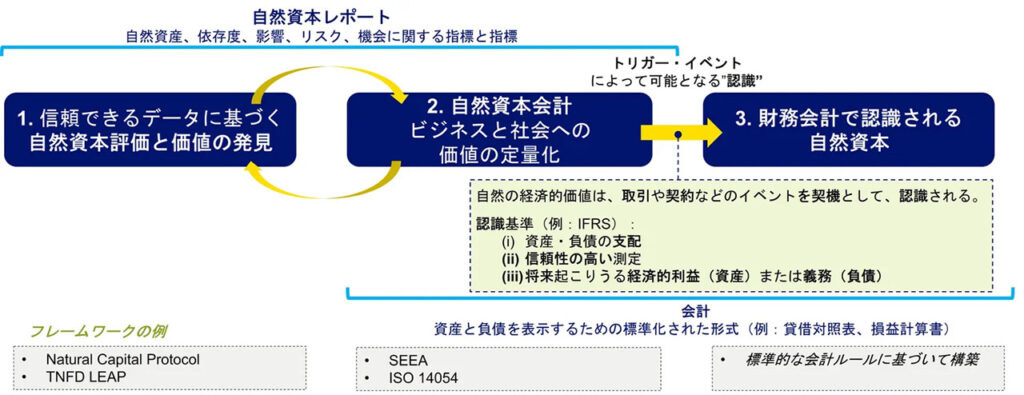Updated by "Forest Circular Economy" Editorial Board on September 02, 2025, 2:00 PM JST
Editorial Board, Forest Circular Economy
Forestcircularity-editor
We aim to realize "Vision 2050: Japan Shines, Forest Circular Economy" promoted by the Platinum Forest Industry Initiative. We will disseminate ideas and initiatives to promote biomass chemistry, realize woody and lumbery communities, and encourage innovation in the forestry industry in order to fully utilize forest resources to decarbonize the economy, strengthen economic security, and create local communities.
The University of Tokyo's Global Commons Center (CGC) recently launched the "Nature on the Balance Sheet," an initiative to reflect natural capital on the balance sheet, through an industry-academia collaboration called the CGC-NBS Sponsorship Program. With extreme weather events and natural disasters posing serious threats to businesses, the economy, and society, and with international rulemaking focusing on carbon neutrality and nature positivity, the project aims to create a mechanism to make natural capital financially visible so that businesses and financial institutions can incorporate sustainability into their decisions.
The four sponsors are Oji Holdings, Sumitomo Forestry, Ajinomoto, and MS&AD Insurance Group Holdings. All of these Japanese companies are deeply involved with natural capital through their own business activities.
Oji Holdings will use its expertise in utilizing forest resources and managing vast company-owned forests to verify the introduction of natural capital accounting. Sumitomo Forestry will provide expertise in assessing the value of forests for the public good, sustainable forest management, and wooden construction. Ajinomoto will work on raw material procurement and value assessment of agro-ecosystem services, while MS&AD Insurance Group Holdings will analyze the impact of natural disaster risk and biodiversity loss on insurance and finance.
Each company will contribute in its own area of expertise and play a role in reflecting the Japanese and thus Asian perspectives in rulemaking in the international community. In addition, they are expected to promptly apply the international trends provided by the University of Tokyo CGC to their management strategies.

This project will be promoted as part of the Mountains Group, an international framework consisting of the University of Tokyo CGC, Capitals Coalition, Systemiq, and Landbanking Group. The Mountains Group is in the process of developing a roadmap for reflecting natural capital in financial statements.
The collapse of natural systems is directly linked to threats such as extreme weather events, natural disasters, and supply chain disruptions. However, natural capital has been regarded as an "infinite" and "free" resource, and its intrinsic value has not been properly evaluated in the market.
Incorporating the value of natural capital into corporate decision-making is essential for conserving natural systems and achieving a sustainable economy and society. Surrounded by oceans on all sides and with two-thirds of its land area covered by forests, Japan has a wealth of natural capital. Its voice will be highly persuasive and valuable in shaping international rules on nature positivity.
This project demonstrates the role that the private sector can play in the transition to a nature-positive society, both domestically and internationally. At the same time, it is a challenge to transform nature restoration, which is often regarded as a cost, into a means to increase corporate value. The project is also a remarkable move from the perspective of the circular economy of forests, as it represents a turning point toward an economy that not only "protects" nature but also "makes use of" it.
Reference Links
CGC of the University of Tokyo - Nature on the Balance Sheet sponsorship project launched.